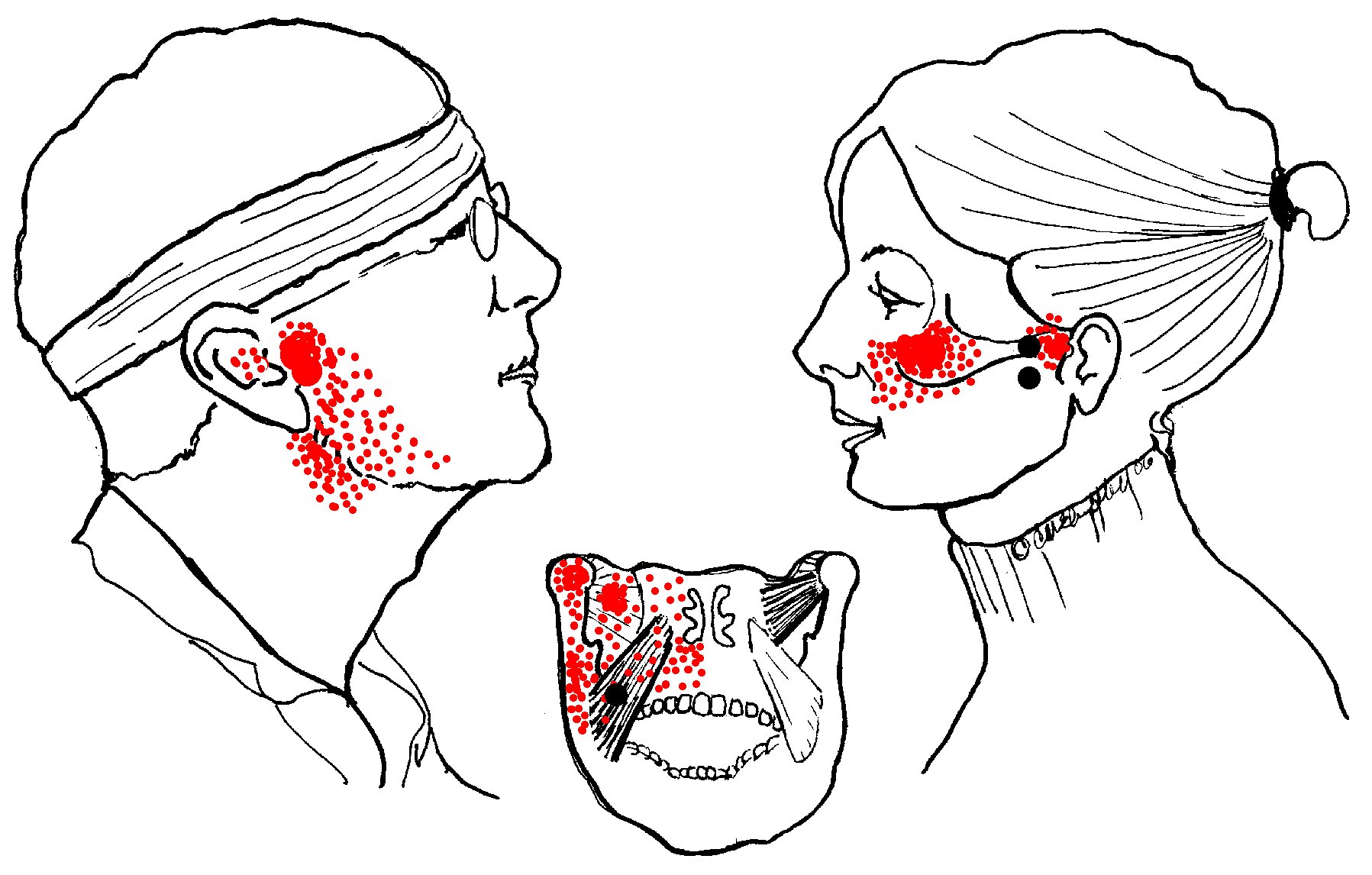The Causes of Ear Pain
Those of us in the swimming community who have suffered from ear pain are often quick to write it off as swimmer’s ear. While there are times when this is the case, it isn’t the only reason a person can experience this. Underlying causes like infection, temporomandibular joint, damage to the eardrum, and other conditions can also lead to ear pain when you are swimming. It is because of this that you need to have your ears regularly reviewed by a medical specialist.
Mastoiditis is one of the conditions you can encounter. This is a bacterial infection that appears in the bony section behind the ear, known as the mastoid. In this case, you may have an acute infection that can continue to work the toxins into the middle ear to create a more severe condition that can lead to blood poisoning, sepsis, deafness, or even can an abscess of the brain that can lead to death. This pain isn’t something to allow to fester, instead seek out antibiotic drops from your doctor and treat the underlying cause of the condition.
Ear Pain from Water
Some bacteria in the water will cause a condition known as otitis media. This infection appears in the middle of the ear and is common in swimming. Along with the infection, there is generally swelling, fluid building up behind the eardrum and fever that is there with the ear pain you experience.
When a sound is produced, the tympanic membrane deciphers the vibration and you hear a sound. When it becomes infected or torn, you can experience ear pain in the area. While the most common cause of this is sticking foreign objects in the ear, other factors can lead to a person experiencing it. While swimming in deep waters, if you begin to rise too quickly, such as during scuba diving, you can experience damage. Loud noises from a rock concert, gunfire, and even explosives can cause damage to the ear also. Even something as simple as cleaning your ears can lead to problems. If you notice ear buzzing, weakness, dizziness, or any amount of hearing loss it is a good idea to speak with your doctor. They can help to determine if there is damage to the ear and begin a course of treatment to offset the risk of permanent hearing loss.

Regardless if you experience pain in the ear from swimming, sound, or infection it is important that you don’t ignore it and hope it goes away. In most cases, the condition will worsen and you’ll ultimately be left with more harm done. A proactive and early treatment can help to save your hearing and in most cases, you’ll even find that the recommended procedure is one that is less intense, than the treatments that may be required for an advanced medical condition.
Today’s Daily Swimming Workout
Warm-up: 400 easy your choice of swimming strokes
Kick with swim fins: 300 STRAIGHT
5 X 200 alternating by 200’s stroke drill and swimming, all 200’s are one stroke
4 X75 freestyle with 15 seconds rest
Sprint 1 X 50 stroke choice
Kick 1 X 200 stroke choice
4 X 75 non freestyle stroke with 15 seconds rest
Sprint 1 X 50 a different stroke choice from above
Kick 1 X 200 the same stroke as the above 50
4 x 75 the same stroke as above kick
Cool down: 200 tai chi style swimming
Total: 3400 meters or yards depending on the length of your pool
back to the top of ear pain page








